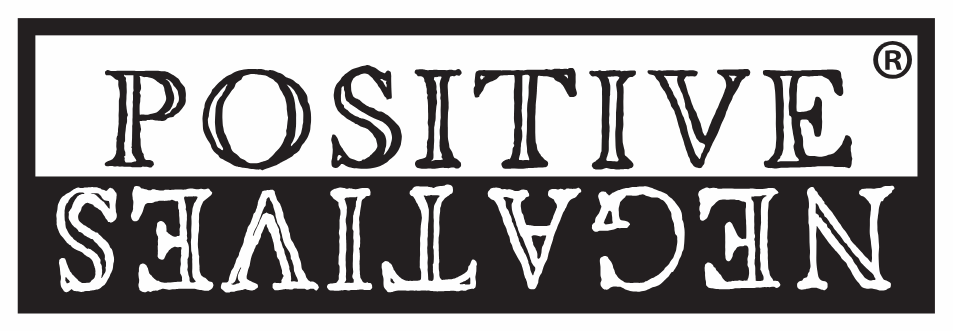The lack of official documentation is a barrier that denies hundreds of millions of people access to their basic rights. It pushes them into the shadows where they face social stigma, economic marginalisation, legal exclusion and political invisibility. This vulnerability can also leave them dangerously exposed to the risks of modern slavery. While extensive evidence exists on the impacts of modern slavery on those who are exploited, the critical link between a lack of official documentation and an increased risk of trafficking and exploitation has been largely underexplored.
Read the Report here – No Identity, No Protection. How lack of documentation drives modern slavery
To address this evidence gap, the United Nations University Centre for Policy Research (UNU-CPR), supported by the Freedom Fund, undertook mixed-method, action-oriented research to examine how the absence of official documentation can heighten people’s risk of trafficking and modern slavery. Drawing on research undertaken at the global level and in three focus countries – Brazil, Kenya and Nepal – the study shines a light on the lived realities of people without access to documentation.
The findings from this study aim to deepen understanding of how people lacking documentation are disproportionately at risk of falling into exploitation and face greater barriers in escaping it. The report also identifies practical solutions for policymakers, non-governmental organisations (NGOs) and donors in the focus countries and globally – that are informed by the lived experiences of survivors of modern slavery.
